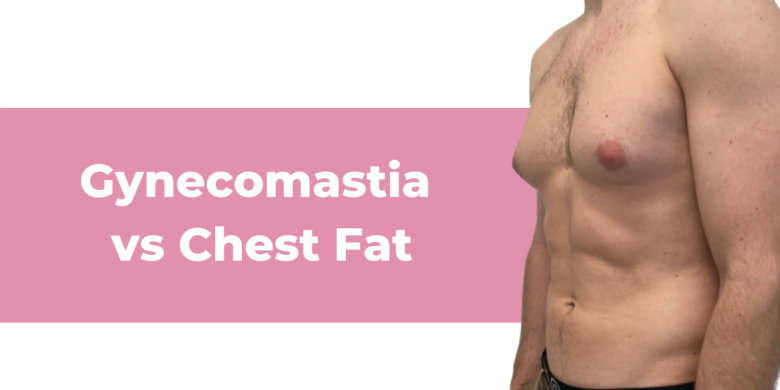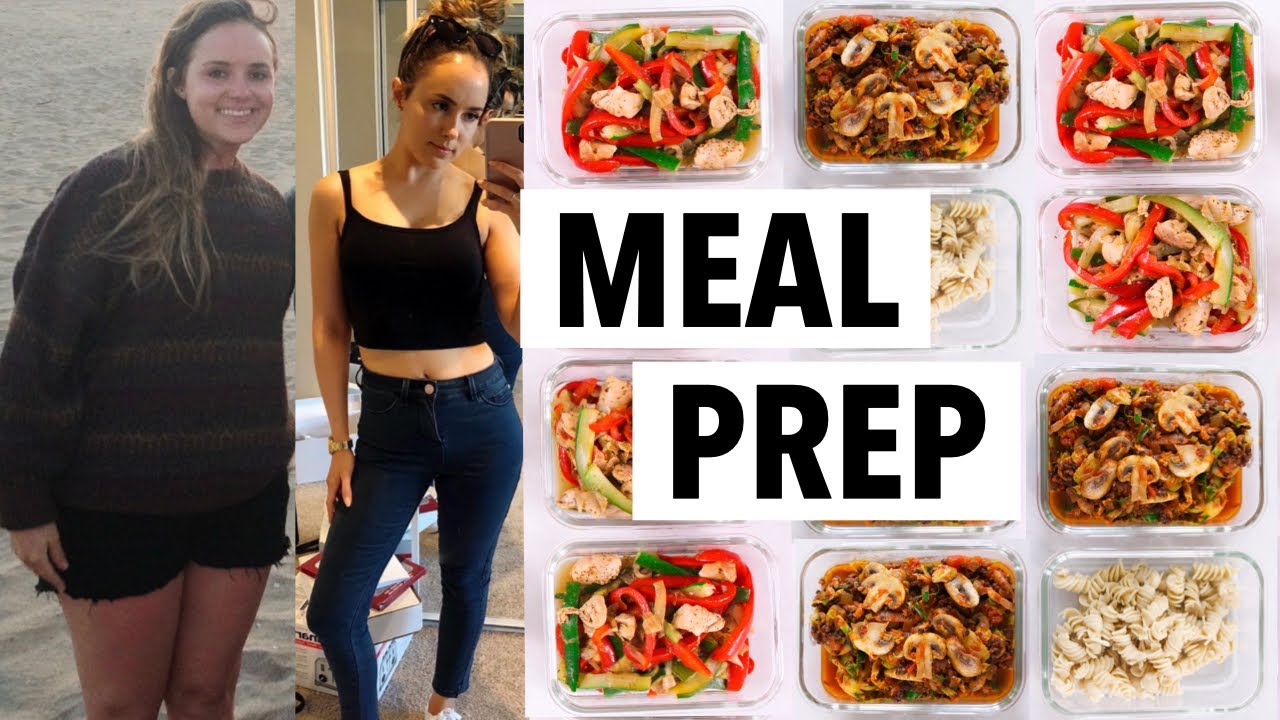
Cardiovascular disease (CVD) is one of the leading killers in the world. This disease is responsible for 17.9 millions deaths annually. This is followed by cancer, which causes an average of 9.6 million deaths each year. A healthy diet can help prevent CVD. A healthy diet should contain foods low in salt, whole grains, and processed foods.
Fad diets promise quick weight loss
Many people are willing to try anything to lose weight fast, including fad diets. They might want to be healthier or have a better outlook on their lives. These companies capitalize on the desire to see quick results, regardless of their motivation. They are appealing to the fact that people would prefer a quick fix to a more permanent change in eating habits.

Processed meats
You should avoid processed meats for several reasons. They contain high amounts of sodium, which is a common additive to the production of meat products. This helps preserve meat and improves its taste. There are many different salt levels in processed meats. Some processed meat products can contain as much as 4.6g of salt per 100g. Salt can be beneficial when used in moderation. However, too much salt can cause hypertension, heart disease, strokes, and other health problems.
High sodium
Start by eating less processed food to reduce your sodium intake. Read the nutrition facts label on foods to find the amount of sodium per serving. Fresh fruits and vegetables are better than processed foods. You can also choose whole grains and legumes. Take care to control your portions. Avoid cured meats and processed meats.
Low-quality whole grains
While there are some studies that suggest low-grow diets are healthier, it is not clear if these are good for our health. David Klurfeld is the national leader of the Agricultural Research Service's Human Nutrition program. He stated that there are not enough data available to make recommendations based upon these studies.

Saturated fats
Saturated Fats are natural fats found in many foods. These fats come mostly from animal sources. However, they can also occur in plant-based foods. The American Heart Association recommends that saturated fat should make up about five to six percent of your daily diet. You can reduce your intake by replacing animal fats and whole grains with plant-based sources of proteins, such as nuts, seeds, and legumes. You should also limit your consumption of red meat.
FAQ
What's the best exercise for busy people?
Doing exercises at home is the best way to stay in shape. You don't need to join any gym. It is possible to perform basic exercises at home with minimal equipment.
All you need is a pair dumbbells, mat, chair, and a timer.
Your most important goal is to keep up your fitness routine. If you miss a few days, then you may lose all motivation.
It is a great way to get started would be to lift weights three times per semaine. This could include squats, lunges, push-ups, pull-ups, dips, curls, etc.
Once you have mastered these basic movements, you can move on other types of exercises such as running, jumping rope, skipping, yoga, Pilates, dancing, cycling, swimming, weight training, tennis, golf, hiking, basketball, football, soccer, volleyball, badminton, squash, etc.
Remember to pick the program that best suits your lifestyle when choosing an exercise program. If you work long hours, you may want to avoid exercise programs that consume too much energy.
If you are a night person, it's a good idea to work out during the evening rather that in the morning.
Listen to your body, and don't stop when you feel tired.
What is the best exercise for weight loss?
The amount of exercise needed for weight loss depends on several factors, including age, gender, body type, and how much you weigh. Most people need to exercise at least 30 minutes five days a weeks.
The American College of Sports Medicine recommends 150 minute of moderate-intensity aerobic activities per week. These should be done over three days.
For example, if your goal is to lose 10lbs, aim for 300 minutes of moderately intense exercise per week. This includes activities such as brisk walking, swimming laps, biking, dancing, playing tennis, golfing, hiking, jogging, running, and other similar activities.
If you're just starting out, consider doing 20 minutes of vigorous activity thrice weekly. These activities could include sprints and lifting weights.
Aerobic exercise can also help you burn calories and increase muscle mass. Muscle burns a lot more calories than fat. So building muscle can help you lose weight faster.
Is there any side effect to intermittent fasting?
Intermittent fasting doesn't have any known side effect. If you don't plan well, you may experience minor issues.
You might feel irritable if you skip breakfast. It is possible to experience headaches and muscle cramps.
These symptoms are usually gone within a few days.
What's the difference between intermittent fasting versus calorie restriction
Calorie restriction is when you eat less than your body needs. Intermittent fasting differs from other types of intermittent fasting in that it does not restrict calories. Intermittent fasting focuses more on eating fewer calories every day.
Intermittent fasting works better because it allows for you to enjoy your favorite foods without feeling guilty.
Both methods have pros and cons. You have to decide which method you prefer.
Statistics
- One 6-month study showed that simply doing 11 minutes of strength-based exercises 3 times per week resulted in a 7.4% increase in metabolic rate, on average. (healthline.com)
- It's estimated that half of all American adults attempt to lose weight every year (1Trusted (healthline.com)
- According to Harvard Health, it's estimated that a 155-pound (70-kg) person burns roughly 112 calories per 30 minutes of weight training (5). (healthline.com)
- According to a study sponsored by the American Council on Exercise, a person weighing around 140 pounds (64 kg) would burn 108 calories at a 30-minute beginner's Pilates class or 168 calories at an advanced class of the same duration (26). (healthline.com)
External Links
How To
How can I lose belly fat quickly?
You should know that losing bellyfat is difficult. It takes dedication and hard work. But if you follow these tips, you will definitely see results.
-
Healthy Food Eating healthy food is very important. Make sure you eat whole foods, fruits, vegetables.
-
Drink Water. Drinking water will keep you hydrated and make it easier to feel satisfied for longer durations. So drink plenty of water every day.
-
Cardio exercises can help you burn more calories and increase your muscle mass. Cardio exercises are great for building muscle mass and helping you burn more calories. They also boost your metabolism and improve your heart condition. Try to do 30 minutes of cardio exercise daily.
-
Get enough sleep. Sleep plays a vital role in maintaining good health. A lack of sleep can lead anxiety and stress that can then be exacerbated by unhealthy habits like smoking and drinking.
-
Stress levels can be reduced. Stress can cause changes in brain chemistry and hormonal levels. Cortisol is a hormone that causes stress to increase hunger pangs and increases cravings for high-calorie food.
-
Take regular breaks. Take frequent breaks throughout the day. Take a break and go outside to walk or take a nap. Doing this gives your mind and body time to relax and recover.
-
Avoid Alcohol Consumption. Alcohol can cause empty calories and slow down digestion. Alcohol should be avoided if you're looking to lose belly-fat.
-
Have fun